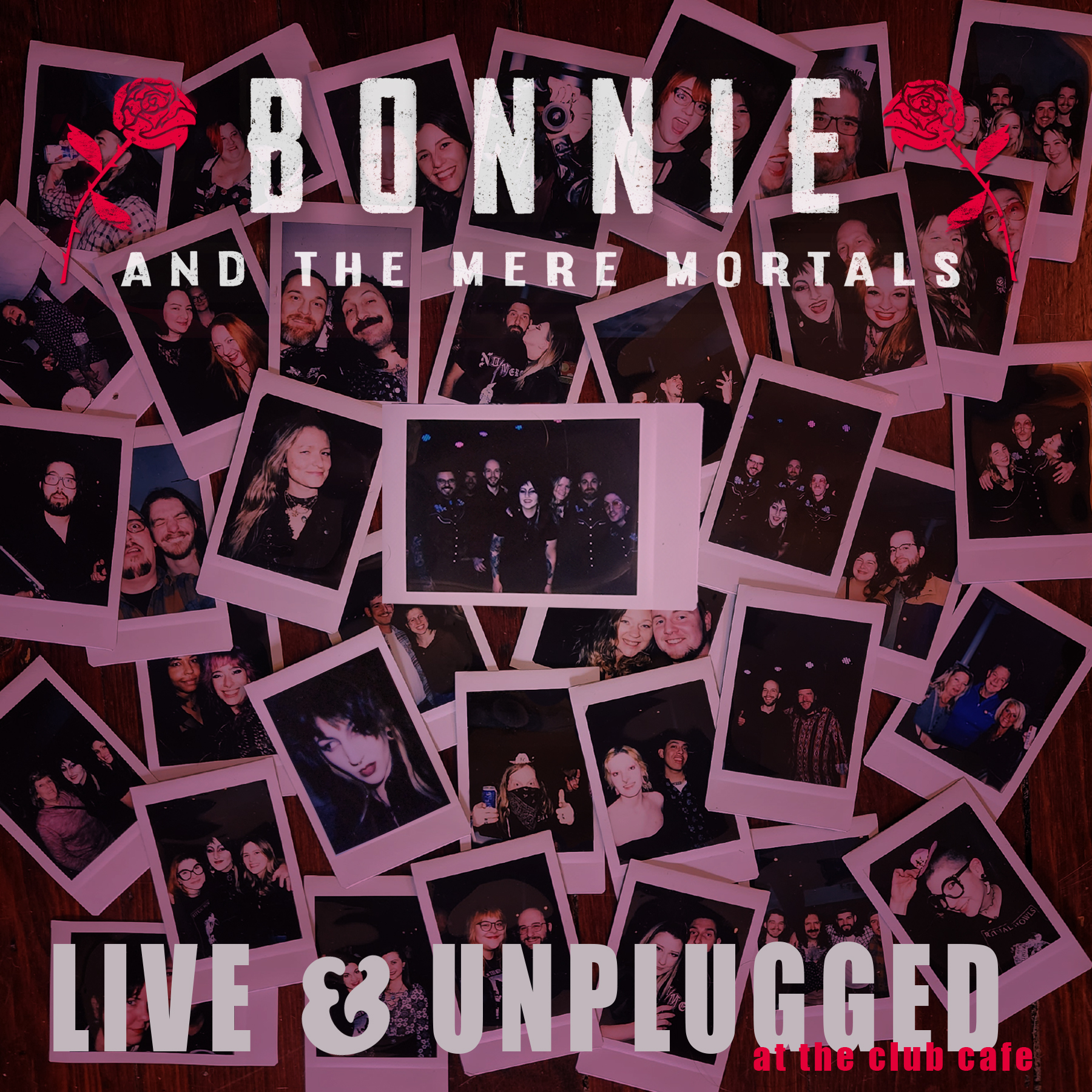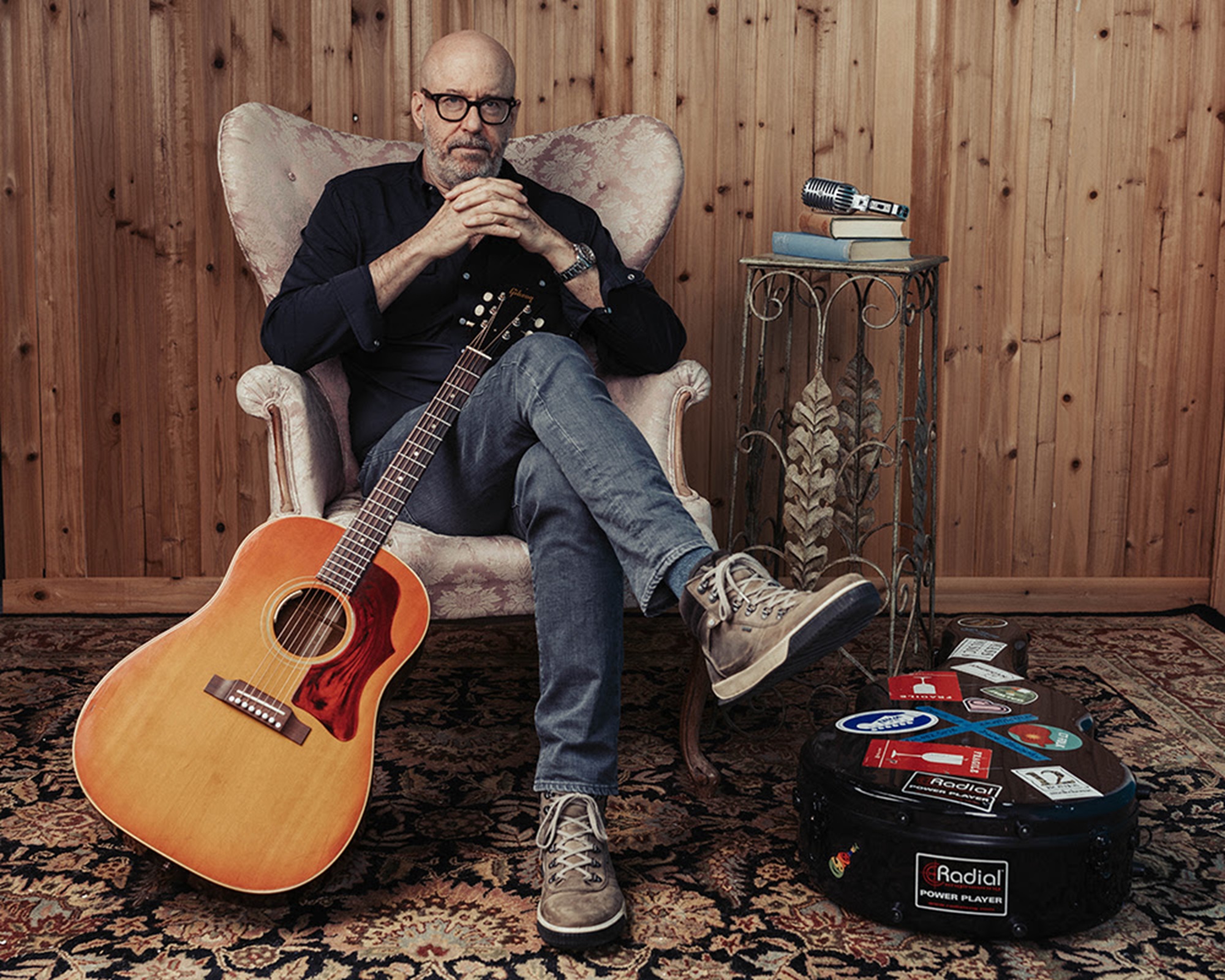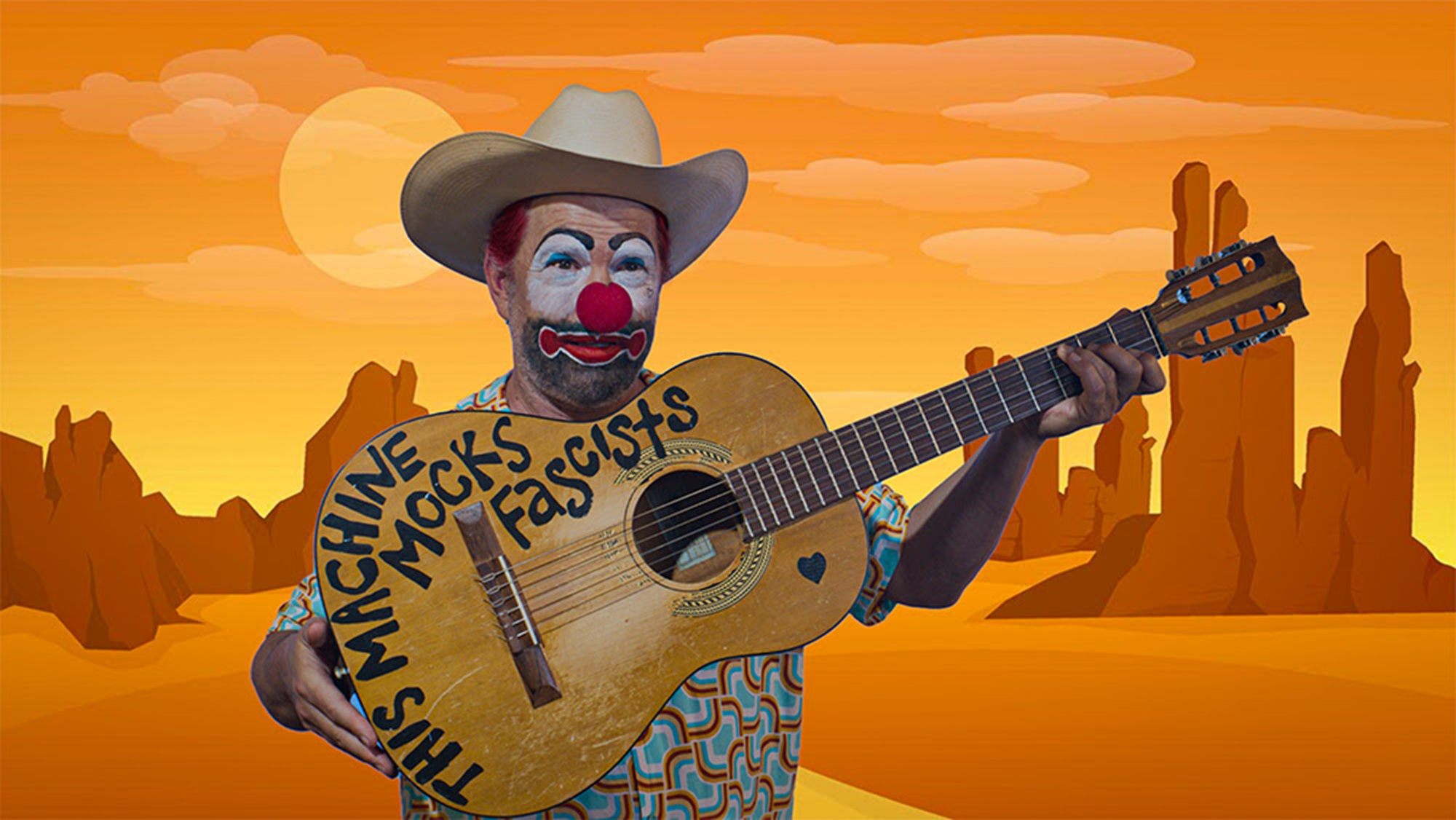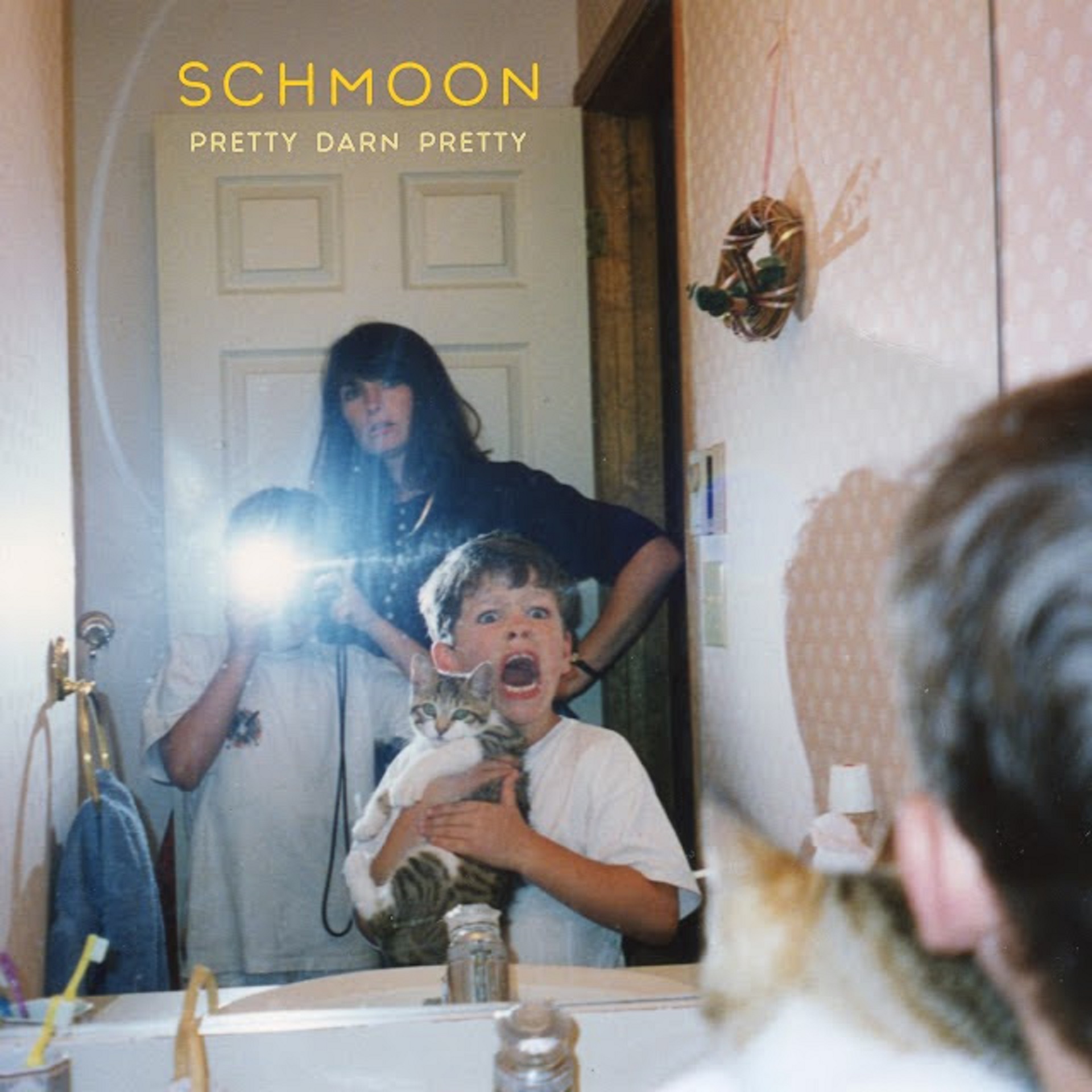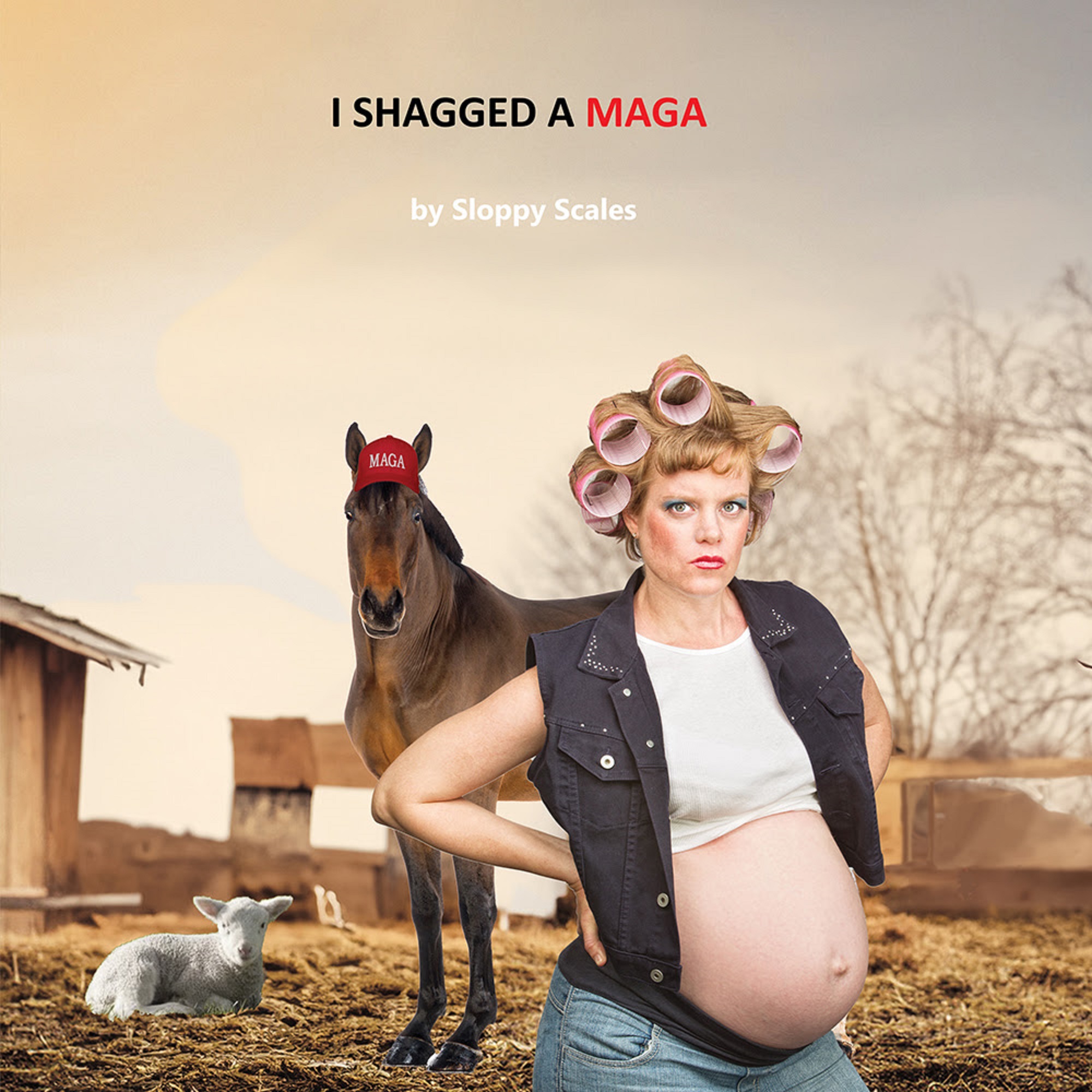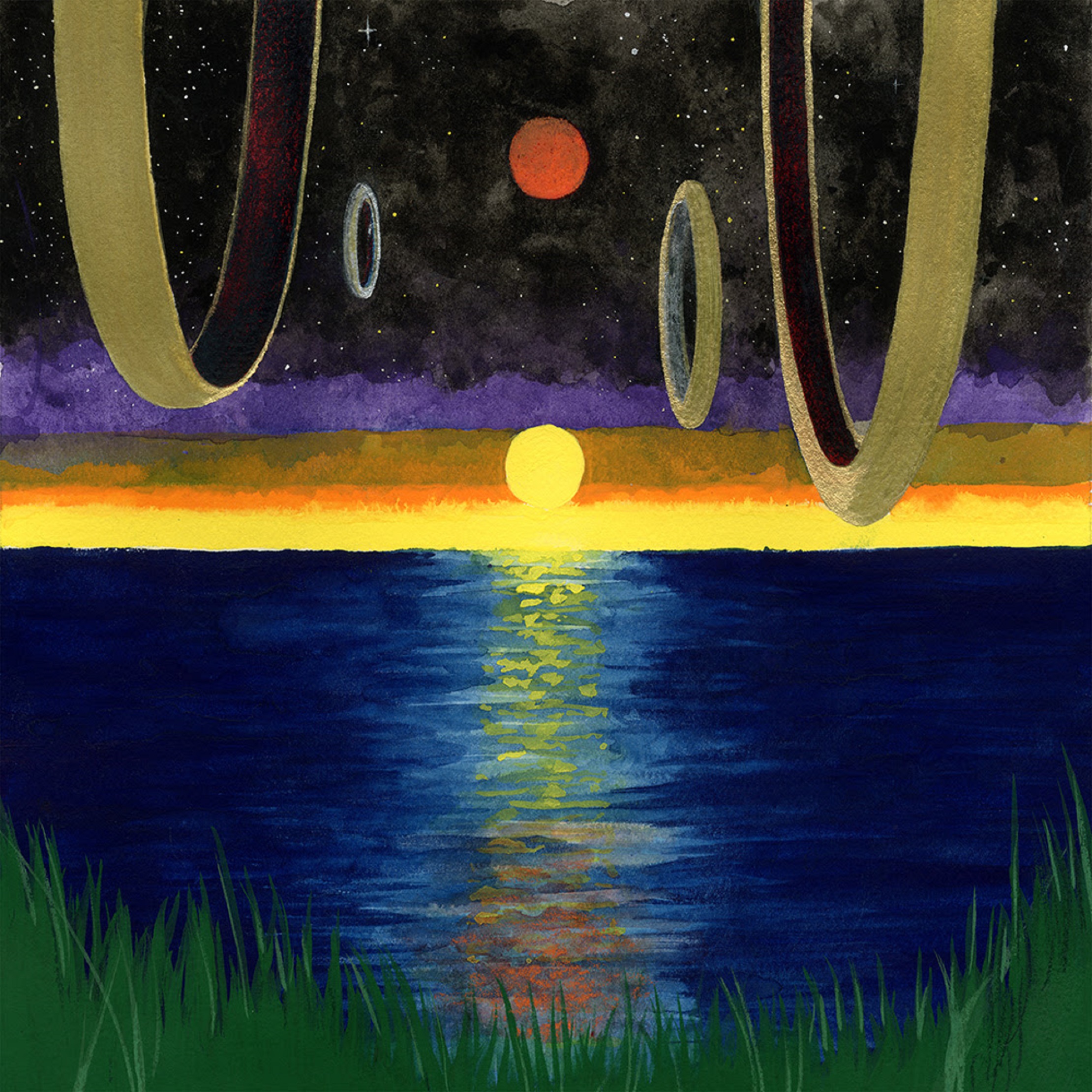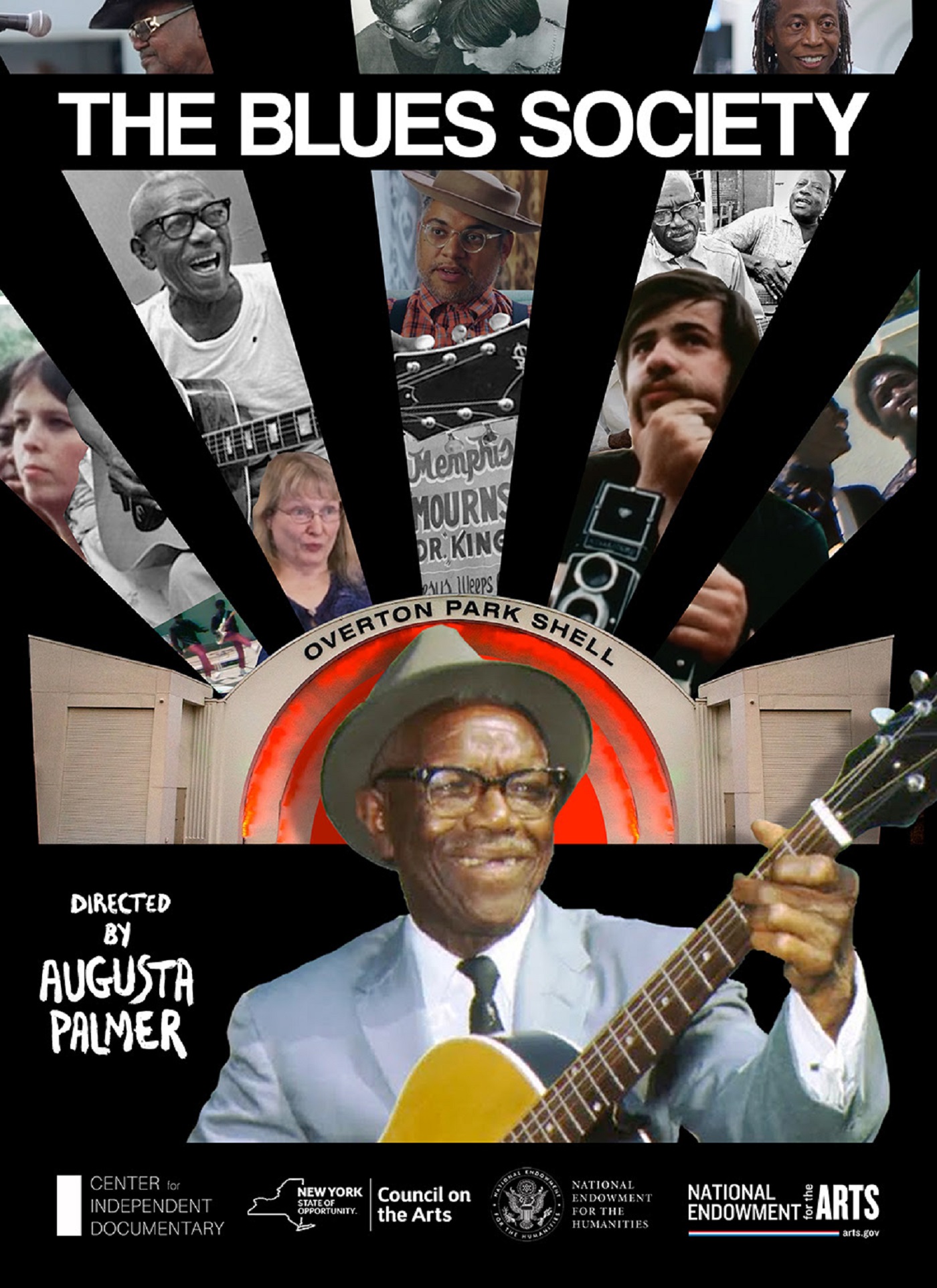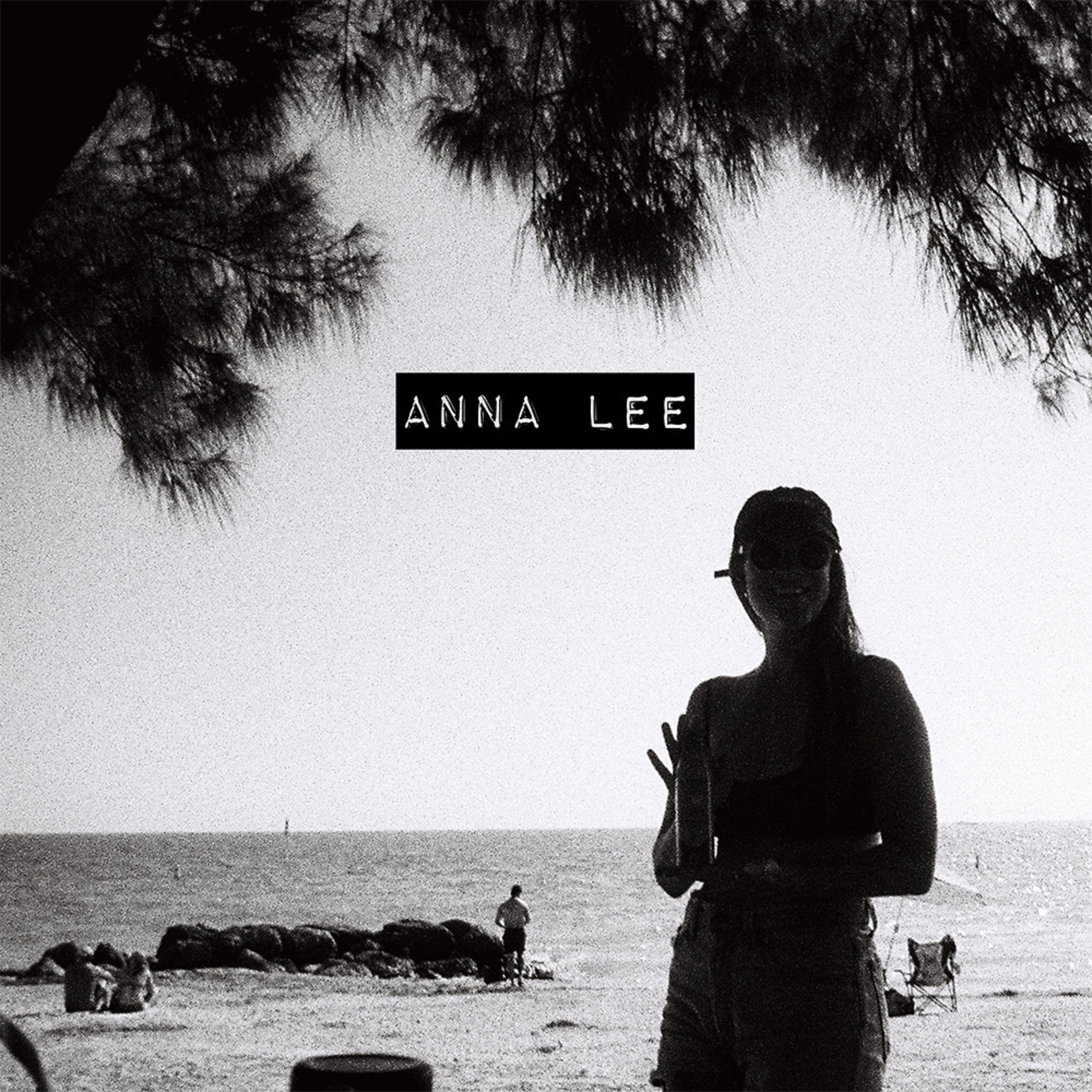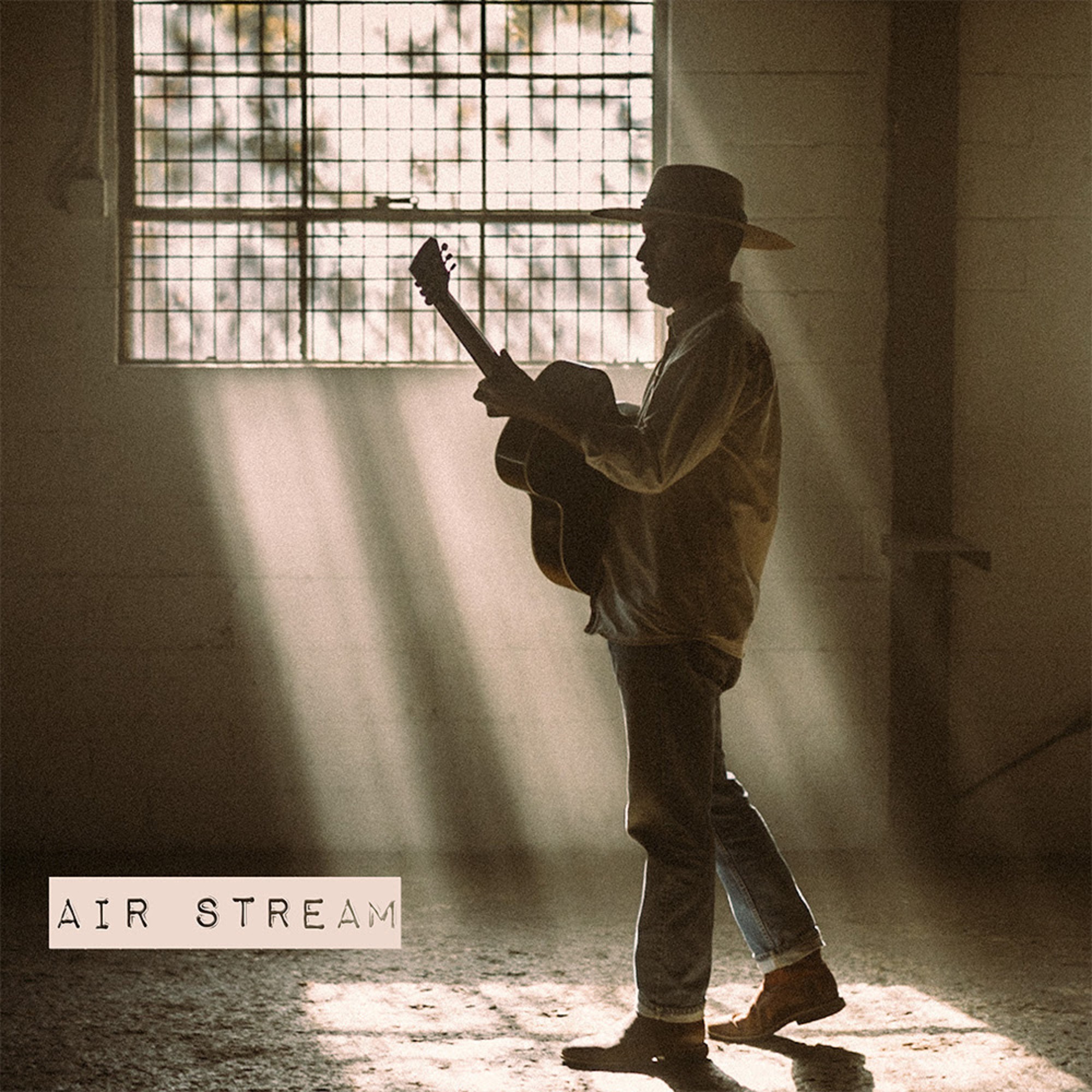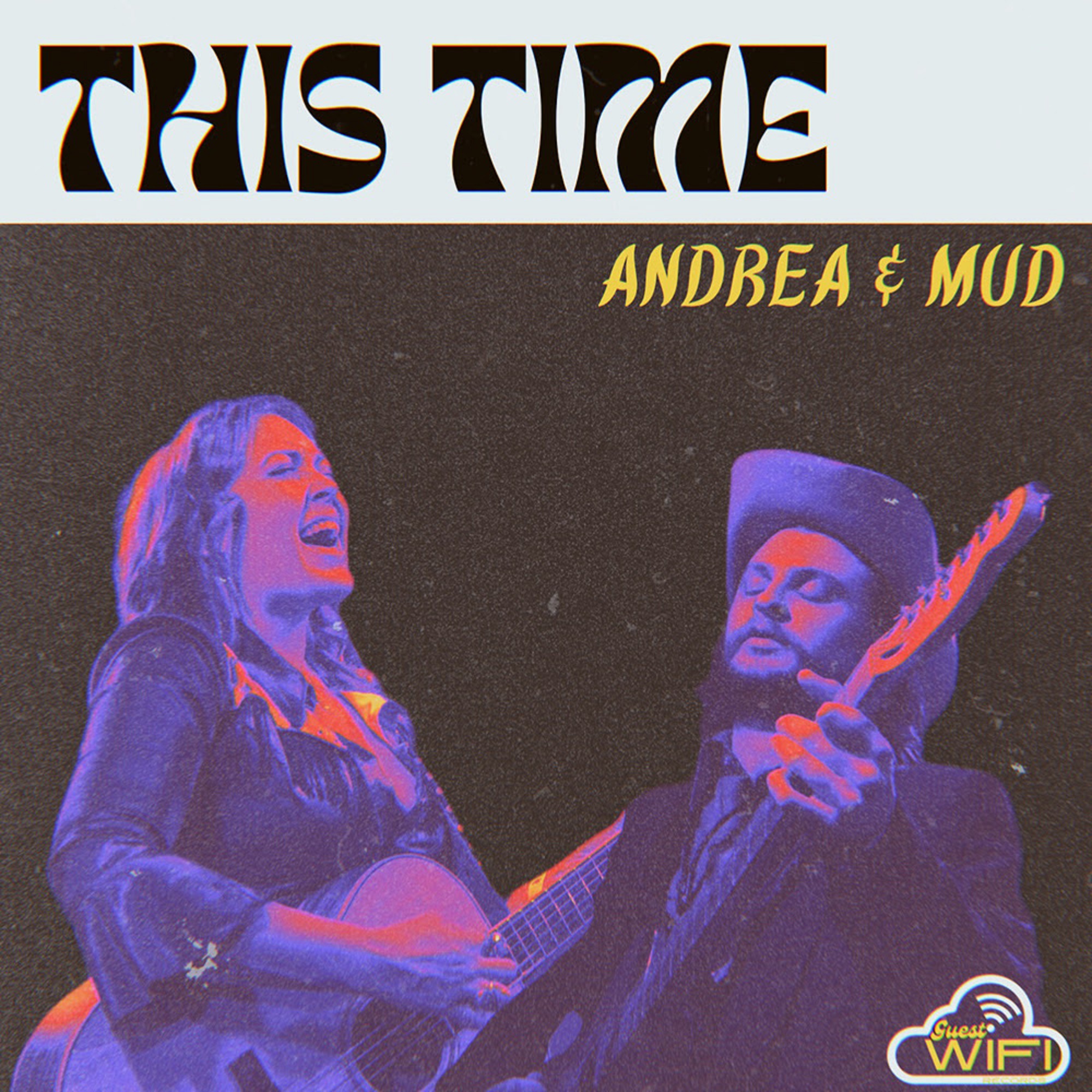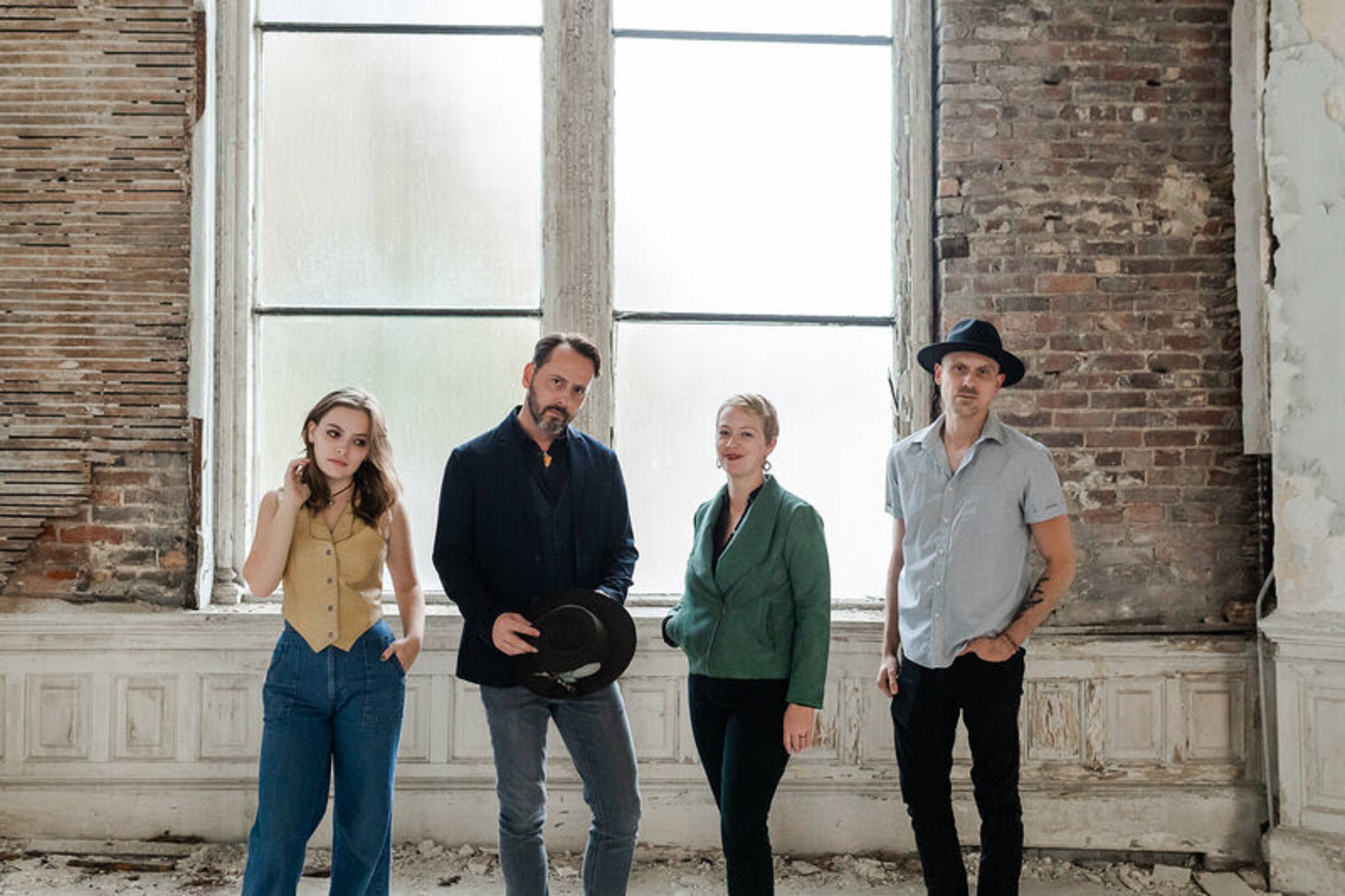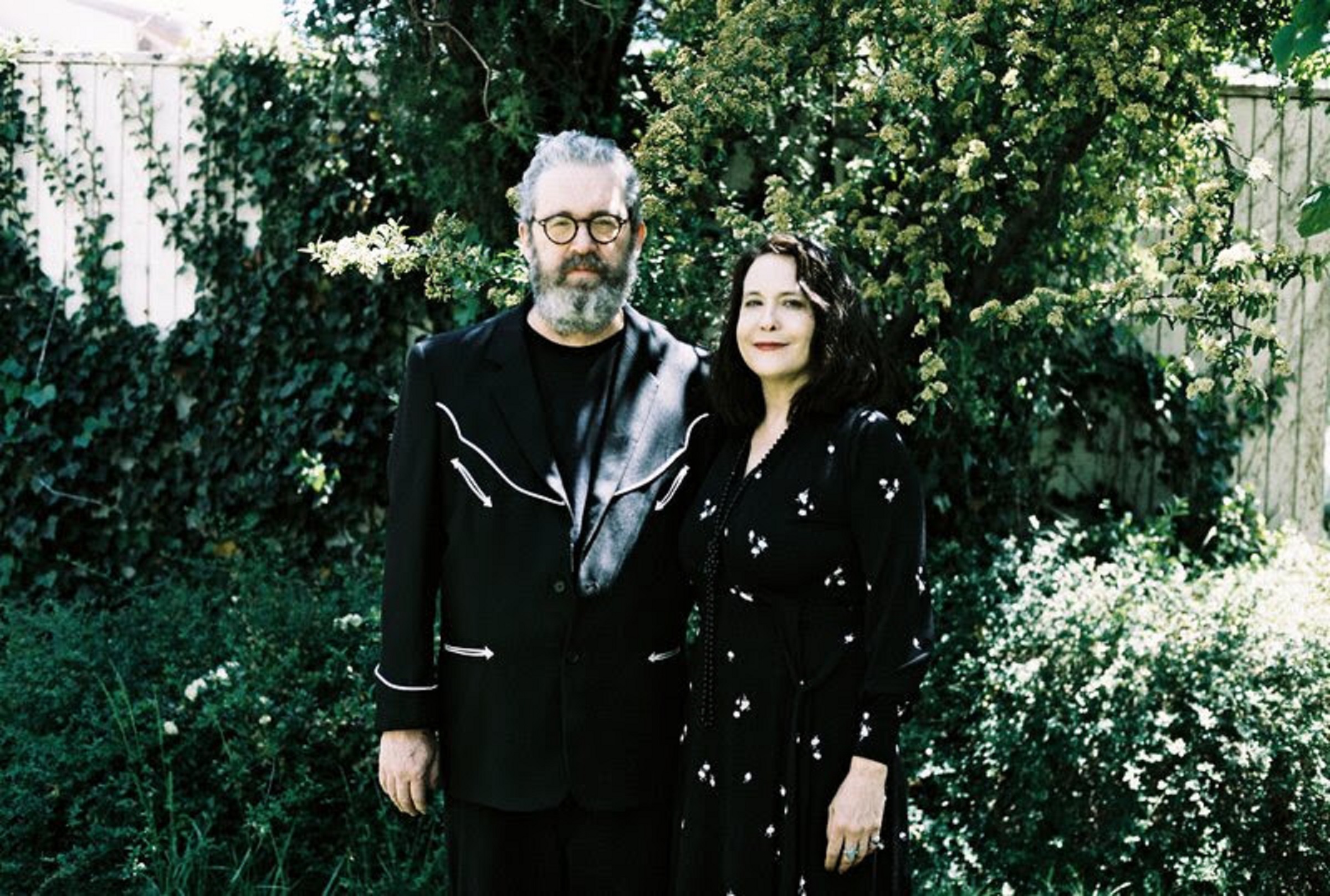Southern gothic Americana outfit Bonnie & the Mere Mortals release their new album Live & Unplugged at the Club Cafe on Aug. 4. It’s a showcase of alt-country swagger and fellowship around live music. It delves into relationships, mental health, occult mysticism and folklore, putting forth the idea that you can make your own destiny. It was filmed and recorded in front of a live studio audience in Pittsburgh, encapsulating the intimacy of the live experience following the Covid lockdown era.
Frontwoman Bonnie Ramone is a queer-identifying, tattoo artist, Dolly-Parton-meets-Elvira kind of character who writes literary songs about people who need to feel seen. “I write sad songs with happy lyrics and vice versa,” says Bonnie. “Like how Steel Magnolias is a sad film that keeps you laughing the whole time.” Though not in her full Bowie-meets-drag regalia for the relaxed atmosphere, the evening still has its elements of glam, like glitter that hangs on after several washes, still catching the light under moody stage lighting.
The album kicks off with “Tennessee,” off of their 2019 EP of the same name. “The Tennessee EP was about me discovering the kind of sound I wanted,” says Bonnie. “I was in Nashville doing my first tattoo guest artist residency, staying in this lousy hotel with horseshoes above every door. Mine was upside down of course. I wanted to challenge myself to write a simple song like this after playing all these really technical metal parts that were making me unhappy. We did that first EP to show that this idea had legs, but now this live album really shows we have whiskey on our fingers.”
The alt-country rambler “Carry Me Home'' is a love letter about finding meaningful time in relationships. This duet between Bonnie and guitar player Matt Elias is a big step from its goth-darkwave beginnings, and a half-step from punk-tinged rockabilly.
Continuing the legacy of great storytelling country artists like Lucinda Williams and Jason Isbell comes “Trouble,” a vulnerable duet sung by Bonnie and Nashville-based artist Sophie Gault (who wrote and recorded this song). They alternate verses and share amazing harmonies on the chorus as they sing about a break up happening right in front of us. Originally sung as a classic man/woman breakup song, Bonnie and Gault’s new rendition throws this classic trope on its head, showing that great songwriting transcends all types of relationships.
“Sophie is a friend where I was a fan of her work first,” says Bonnie, “and I want to support her as a friend. She’s the Lucinda to my Dolly or Reba. She has a quiet wisdom about her. She's like the girl next door who’s seen a thing or two.”
In the lesbian bar scene song, “Evaline,” a woman tries to pick up the protagonist’s girlfriend. It’s a gentle song about feeling worthy and secure. It deals with Bonnies’ queer and millennial anxiety—that imposter syndrome where we question why somebody would want to be with us. “Evaline / You know you're no queen,” Bonnie sings. “You quit making eyes at my girl so fine / You're not getting her under your spell / No, no, no.” The verses have the eeriness of a Lynchian honkytonk and lead into the fun of a chorus reminiscent of ‘70s pop hit, “Brand New Key.”
“I wanted to write a song that was like a reverse ‘Jolene,’” says Bonnie. “There are plenty of big-moment queer relationship songs, but I wanted something that deals with an everyday problem. We don’t get enough of that.”
The Bonnie and Gault duet, “It’s All Fine,'' is a powerful tongue-in-cheek ballad about learning to be alright with yourself. “You’ll have up days and down days,” says Bonnie, “and there are parts of life that are just waiting rooms.” “Call of the Void” is that overwhelming voice in your head that is destructive to you. Bonnie has dealt with different mental disorders throughout her life that would frequently lead to powerful panic attacks. This song is about existential crisis, suicidal ideations and ultimately conquering and controling your mind and body.
From Appalachian witches to the haints that inhabit the lowlands forests of The Southeast, “Curses” finds Bonnie strumming away on her banjo in a call and response with Elias’ guitar as she passes out small and silly curses to those who cross her. “The Crone, The Holler, The Mystic” moves from a beautiful waltz with ethereal harmonies between Bonnie and Gault, to a hypnotic vocal cacophony. It embraces the folklore of Baba Yaga or succubi drawing you deeper into the woods like a narcissist love-bombing you into a terrible relationship.
“Without Me,” in the tradition of Johnny Cash’s “Long Black Veil” or Pearl Jam’s “Last Kiss,” finds a man and a woman driving on a road trip. She finds out he’s cheating, goes to wring his neck, and dies in an accidental vehicular homicide. The song is sung from her perspective as a ghost cursed to haunt him.
Based on one of Bonnie’s actual friends and her hometown, the murder ballad, “Sarah,” finds the song’s fictional main character killing her father and dumping his body in the river. Beautiful Clapton-esque guitar chords move up and down the neck as the pedal steel holds the song together. There’s a lovely masculine vs. feminine dichotomy between the rhythmic bass and percussion work by Andrew Roulston intersecting with the guitars and vocals. One can imagine calloused hands finger-picking beautiful guitar melodies in a dirty old coal town, like a rusted out car with a beautiful piece of wildlife sitting on it.
“I have mixed feelings about my hometown,” says Bonnie. “On one hand it’s dying, there’s nothing to do and people in these beat up modular homes from the ‘50s. People can be very bigoted and unwelcoming towards outsiders. There's no jobs, just a bunch of junk coal. But on the other hand, it's beautiful country. There's so many hidden gems there… and that includes some of the people.”
Bonnie grew up on a farm on the border of the West Virginia panhandle in a fundamental Presbyterian home. She grew up with George Jones, Reba McEntire, and Johnny Cash playing in her house, but she rebelled against all of that when she attended an arts high school with kids who “had sidewalks.” She tried to hide her Appalachian accent and dove head first into teen goth culture. After high school she began tattooing and touring with her first metal band.
“I was always great at drawing,” says Bonnie. “I started my tattoo apprenticeship before I was 18-years-old, and have been tattooing for over 12 years. It’s taken me around the world. It allows me to tour and play music. It’s such an intimate thing to lead people on this journey about themselves. Physically touching them. Giving them something they’ll have for life that makes them feel better about themselves.”
After a particular existential crisis, she started revisiting her old country music roots. Gillian Welch stuck out to her in particular, reminding her of goth standards.
“It started reminding me of the not terrible parts of home,” says Bonnie. “I noticed these country records were using the same guitar tone as Robert Smith and The Cure. I was listening to Depeche Mode’s “Dream On” and thought, why isn’t there a band doing this? Southern Gothic music in the literary tradition focusing on the themes I love. Like Dolly Parton with synths, or The Cure with slide guitar. I wanted to create these Appalachian goth nights for other people like me.”
Bonnie’s first EP Tennessee was her transition from metal to Americana. The LP Southern Gothic was her thesis statement of Americana meets darkwave songwriting and arrangements. She released dancy remixes from dark-genred collaborators to lure in the goths, and now Live & Unplugged is here to lure the Americana crowd into her web.
“I’m proud of this album in a completely different way,” says Bonnie. “These songs have scars and a life of their own. I’m the caretaker of these songs. I road-tested these songs, toured them for a year. They’ve changed me as well. While the first EP and album were studio creations, Live & Unplugged is the work of a full band that has collaborated together and grown with these songs since the shut down. I wrote these songs, but touring with Matt and Andrew has brought them to life in a whole new way.”
C.S. Lewis said, “There are no ordinary people. You have never talked to a mere mortal. Nations, cultures, arts, civilizations - these are mortal, and their life is to ours as the life of a gnat. But it is immortals whom we joke with, work with, marry, snub and exploit - immortal horrors or everlasting splendors.”
Track list:
1. Tennessee - featuring Sophie Gault (live & unplugged)
2. Carry me Home (live & unplugged)
3. Trouble (Sophie Gault cover) - featuring Sophie Gault (live & unplugged)
4. Curses (live & unplugged)
5. Sarah (live & unplugged)
6. It’s all Fine - featuring Sophie Gault (live & unplugged)
7. Without me (live & unplugged)
8. Evaline (live & unplugged)
9. Call of the Void (live & unplugged)
10. The Crone, the Holler, the Mystic - featuring Sophie Gault (live & unplugged)





